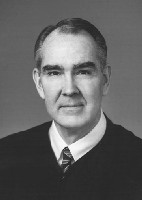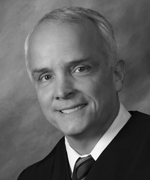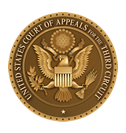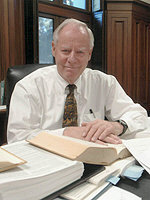For today's appellate sanctions update, look no further than 2/2's decision
here.
[There's a very odd line on page 5 of the decision that reads: "Pursuant to California Rules of Court, rule 8.104(a)(1)(B), appellants were required to file a notice of appeal of the order within 60 days of that date,
with an additional five days because the notice was served by mail. (Code Civ. Proc., sec. 1013.)" (emphasis added). This sentiment is repeated later on page 5: "Appellants were required to file their notice of appeal of the order within 60 days of that date,
with an additional five days because notice of entry of the order was served by mail."
But section 1013, subdivision (a), expressly does
not apply to notices of appeal: "the extension shall not apply to extend the time for filing [various things, including a] notice of appeal. See
InSyst, Ltd. v. Applied Materials, Inc. (2009) 170 Cal.App.4th 1129, 1134 ["Service by mail of a triggering document does not extend the time to file a notice of appeal."].]
As for interesting 9th Circuit developments, see
here, where the good professor Shaun Martin points out an unusual procedural history in which a memdispo gets published, but without the opportunity for an en banc petition. Curiouser and curiouser.
Also, Friday's DJ (2/28/14) had a piece by 2/5's Justice Mosk,
Dealing with Iran not as Foreign as Many Seem to Think. Justice Mosk served on the Iran-U.S. Claims Tribunal from 1981-1984 and continued work on it through 2001.














